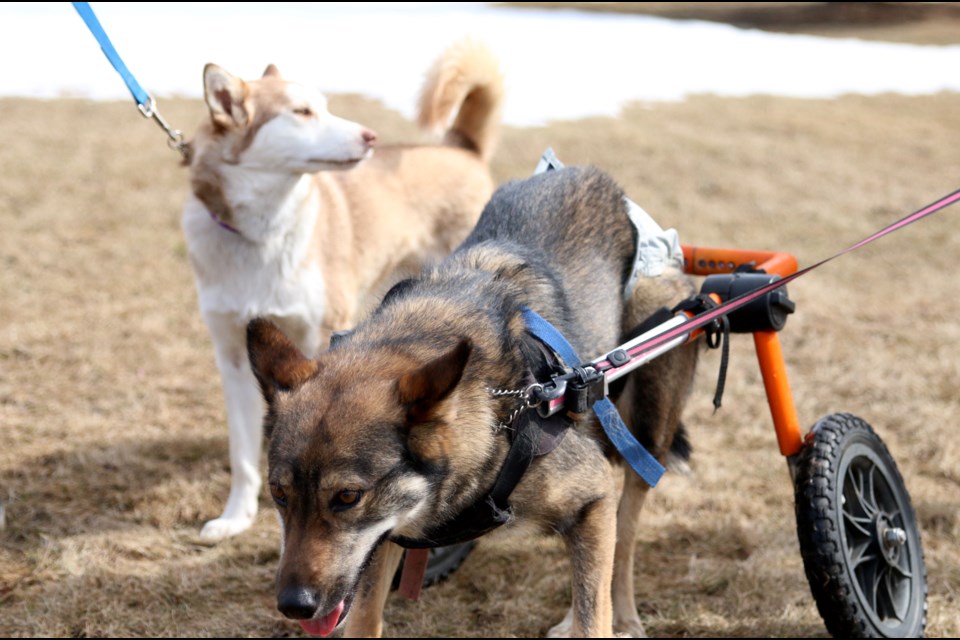THUNDER BAY - Pet owners in remote northern communities often live in fear of their dog or cat being injured or becoming ill because if something does happen, there is no way to get immediate care, leaving a member of the family suffering in pain.
“I have three dogs. It’s very stressful,” said Gabriella Williams of Cat Lake First Nation. “I’m always worried if my dog gets off the leash and another dog attacks it. You don’t have to worry about that out here, you can just take it to the vet. I have to let my dog sit in pain for a long time and then take them out. It’s very stressful and I worry about them all the time.”
Access to proper animal care and services is one of the many challenges facing remote northern communities, which animal advocates, Indigenous leaders, and community members want to see change.
The Ontario Society for the Prevention of Cruelty to Animals and Humane Society hosted the first Northwestern Ontario Regional Animal Summit in Thunder Bay. The two-day summit that opened on Friday is meant to develop action plans to address the many challenges involving animal care in remote communities.
“We want to make sure we tell our story, we want tell our friends across the province and in Southern Ontario about the challenges for access for animals in the north,” said Daryl Vaillancourt, who oversees humane programs and community outreach with the OSPCA.
“There are a lot of challenges. The more remote you get, the more exasperated they become.”
One of the most pressing concerns for pet owners throughout the Northwest is access to veterinarian care.
“If you are a pet parent and you are in Big Trout Lake and suddenly your pet is having some health challenges and you are not sure what to do, you may not be able to call for a veterinarian and that stress level goes way up,” Vaillancourt said. “For that family, we are trying to help them find solutions.”
Williams, who runs the Cat Lake First Nation Dog Rescue, said the closest centre with veterinarian care is Dryden, which involves an hour-long flight to Sioux Lookout and then an hour-long drive.
She said some pet owners cannot afford the cost of a flight and a vet bill, but if services were available in the community, it would be much easier and more affordable.
“If they are really hurt, we have to send them out,” she said. “It really hurts them to have to send your pet out. We have to surrender our animal if we cannot afford our vet bills.”
A similar summit was held in Sudbury last fall that helped identify some of the challenges facing remote communities, which also includes a need for more food programs, animal overpopulation, wellness examines, and spay and neuter clinics.
In 2018, more than 550 dogs and cats were relocated from Northern communities and several spay and neuter clinics were delivered in 30 communities.
The summit in Thunder Bay is meant to develop action plans to start addressing these challenges, and Judy Decicco, a board member with the OSPCA, said the changes have to be community driven.
“We addressed challenges in Sudbury and what we want to do here is develop action plans to address the challenges we face and not just talk about them again, but actually do something about them,” she said. “We are not here to direct them, we are here to support them and assist them. By working together is the only way we are going to move and get anything done.”
Community organizations and volunteers will also play a pivotal role, Vaillancourt added, including animal rescues and dedicated and passionate people willing to help.
“It’s critical. The Ontario SPCA is a robust organization but we can only do so much,” he said. “Our donors are very supportive of the work we do, but we have to have partners, we have to have volunteers.”